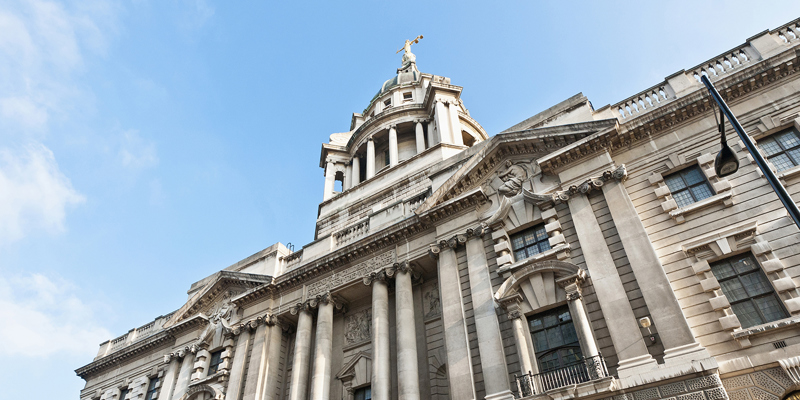
Sentencing Bill Clause 35: why publicly naming offenders undermines rehabilitation
Partner Martin Rackstraw discusses the implications of Clause 35 of the Sentencing Bill.
A proposal by the Ministry of Justice to allow certain offenders to be publicly 'named and shamed' has been by criticised by bodies working in the criminal justice system. Under clause 35 of the Sentencing Bill, where an individual is required to carry out unpaid work as part of a sentence, probation officers will now be given a power to take that person’s photograph and to publish the photograph, the person’s name and the fact that they have been sentenced to carry out unpaid work.
Unpaid Work Requirement
An Unpaid Work Requirement (formerly usually referred to as 'community service' or 'community payback') can be imposed as part of a range of non-custodial sentences. The offender is required to carry out a specified number of hours work in the community, under the supervision of the Probation Service. A failure to complete the full requirement without good reason can result in the offender being re-sentenced.
Unpaid work was ordinarily imposed as a sentence for less serious offences where imprisonment was not necessary but where a significant punitive element was considered to be required. In recent years, as the UK’s prison population has reached a dangerous level of overcrowding, ministers and courts have been looking to expand the use of unpaid work as a sentencing option, for instance allowing courts to include it as part of a suspended prison sentence.
The risks of public naming
The Ministry of Justice claims that these provisions in the Sentencing Bill are intended to “demonstrate to the public that justice is being delivered and increase the visibility and transparency of community payback.” The Government may hope that by making individuals who are carrying out unpaid work more visible to the public, the public will in turn acknowledge that community-based sentences are effective in terms of punishing offenders and preventing re-offending, and not a 'soft option' as sometimes suggested. That, one hopes, might lay the basis for an extension to their use and a consequent easing of the prison population. And in fairness the Bill taken as a whole, focusses on alternatives to immediate prison sentences.
Of course, the names and photographs of offenders, including those sentenced to carry out unpaid work, can already be published in the media. And past governments have proposed measures to increase the “visibility” of unpaid work, for instance by making offenders wear high-viz jackets. But this particular policy has a more worrying aspect. Publishing the personal details of offenders in public as proposed will inevitably have the effect of shaming the individual offender, not to mention their family, adding a wholly gratuitous element of humiliation to their sentence. None of this will contribute in any meaningful way to rehabilitation and some offenders may be deterred from engaging in their sentence at all. And it is difficult to see how public confidence in the system is supposed to be enhanced by all this.
If sentences involving unpaid work are effective in deterring crime and preventing repeat offending, ministers should make that case themselves. Adding further degradation and misery to convicted offenders is – in my opinion – not the way to do it.
Get in touch
If you would like to speak with a member of the team you can contact our criminal and financial crime solicitors by telephone on +44 (0)20 3826 7521 or complete our enquiry form.






